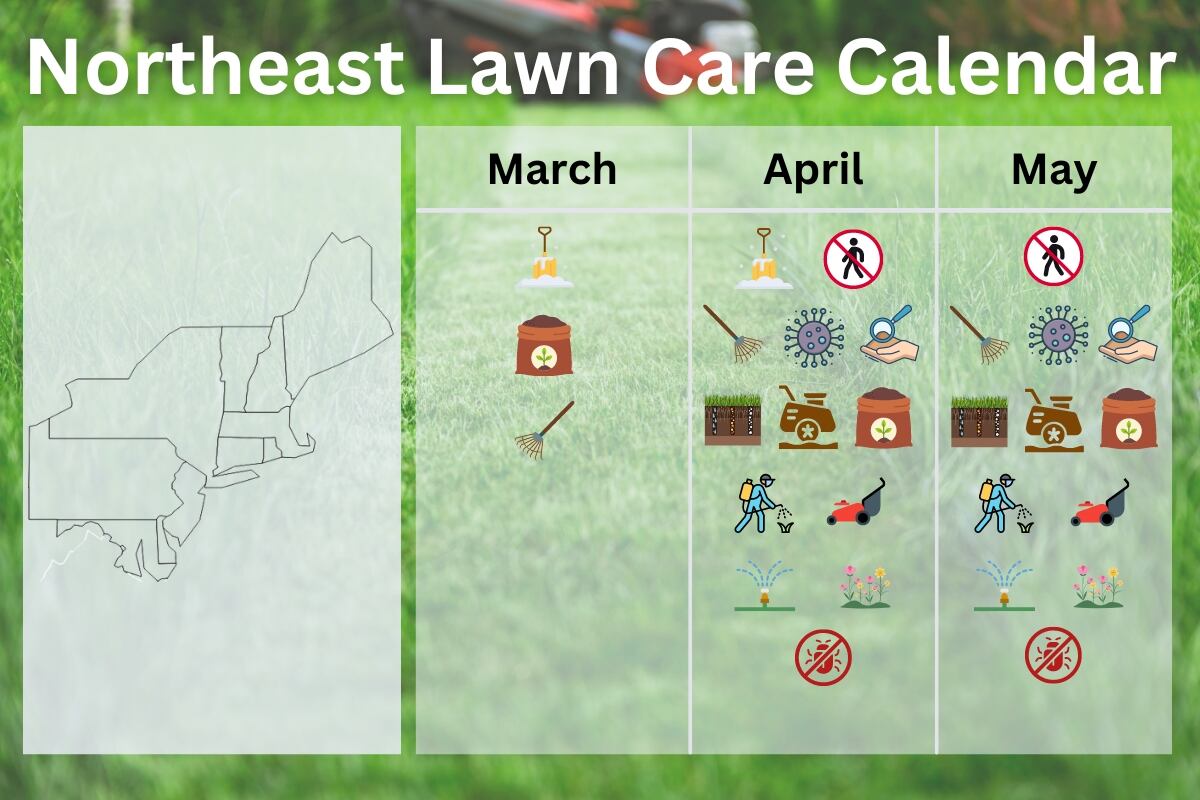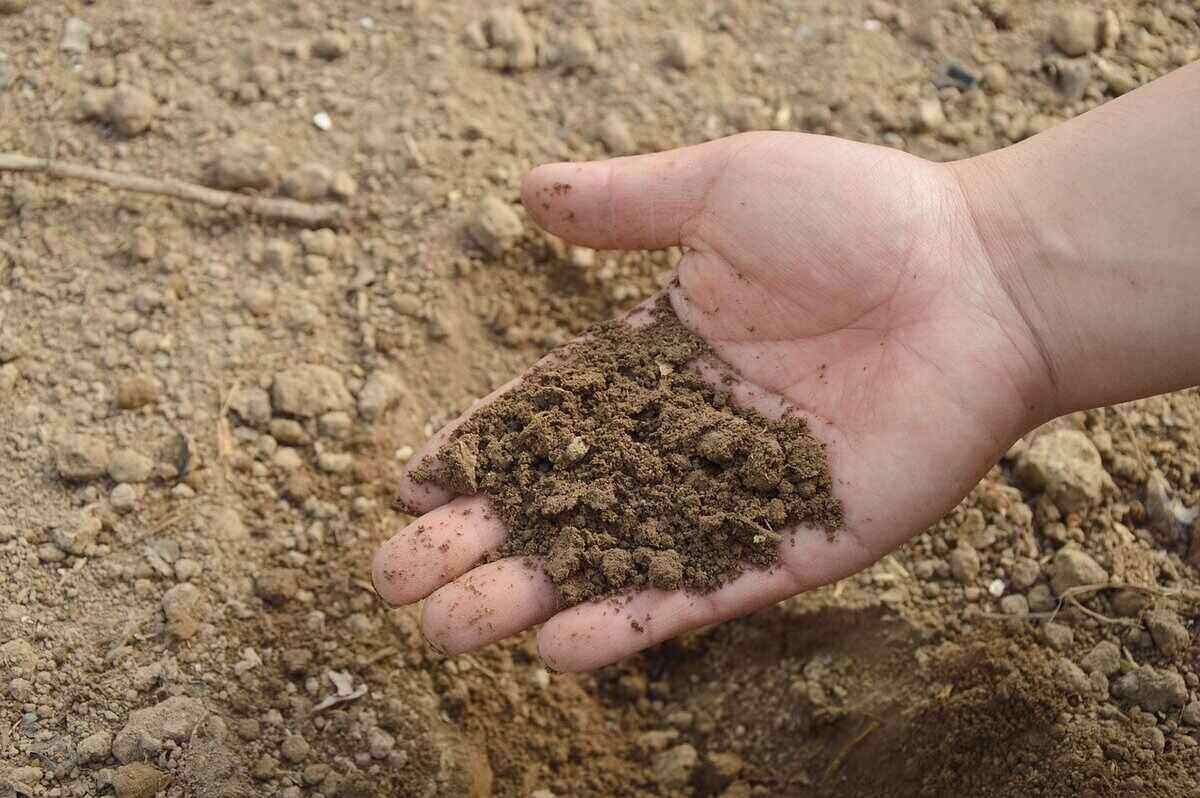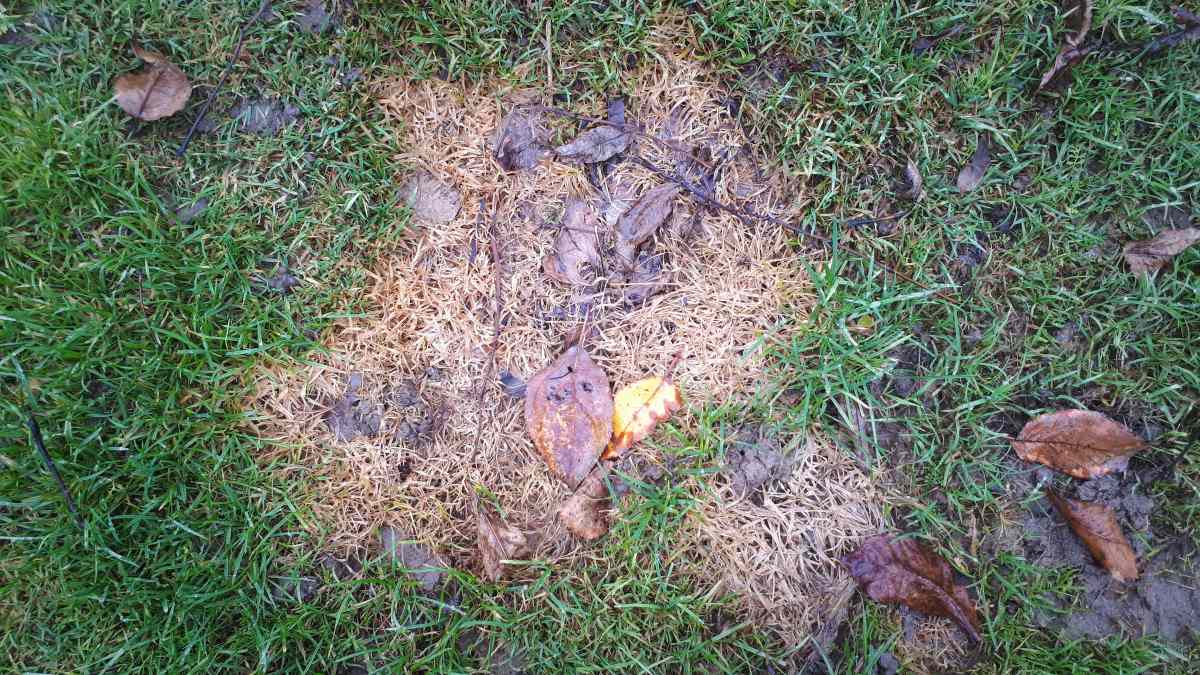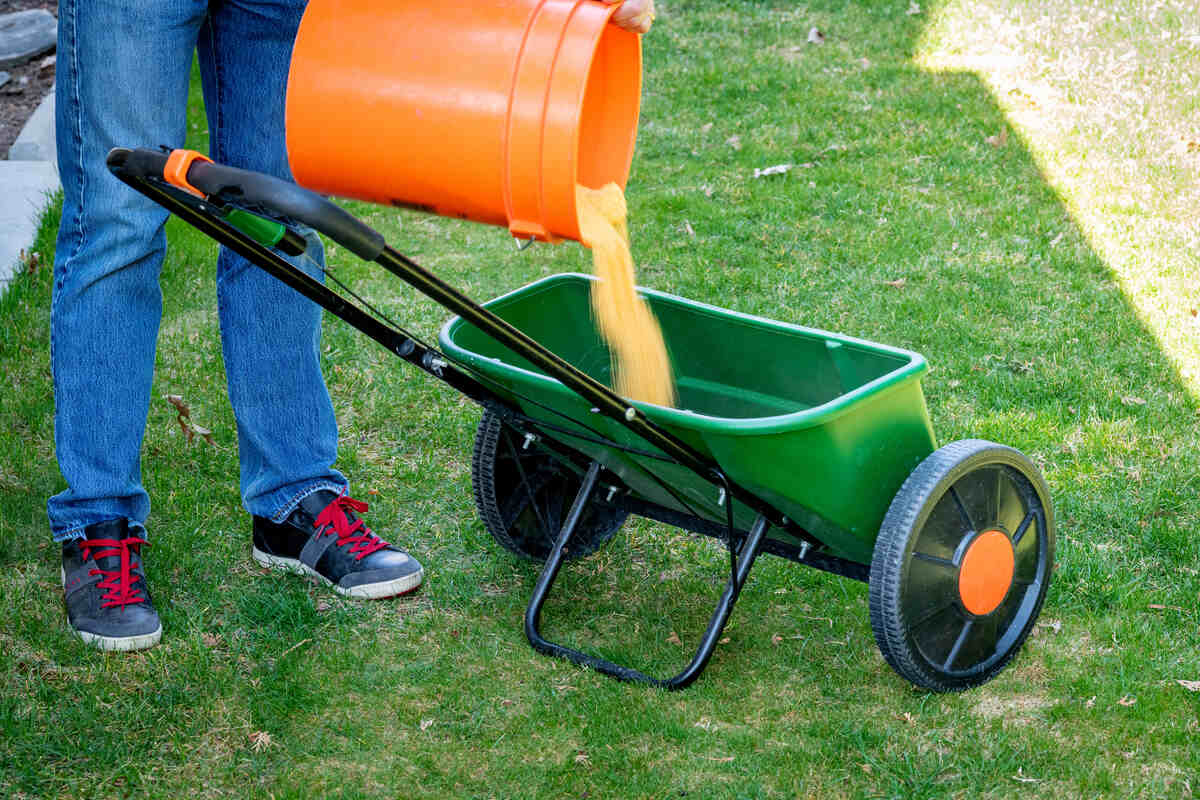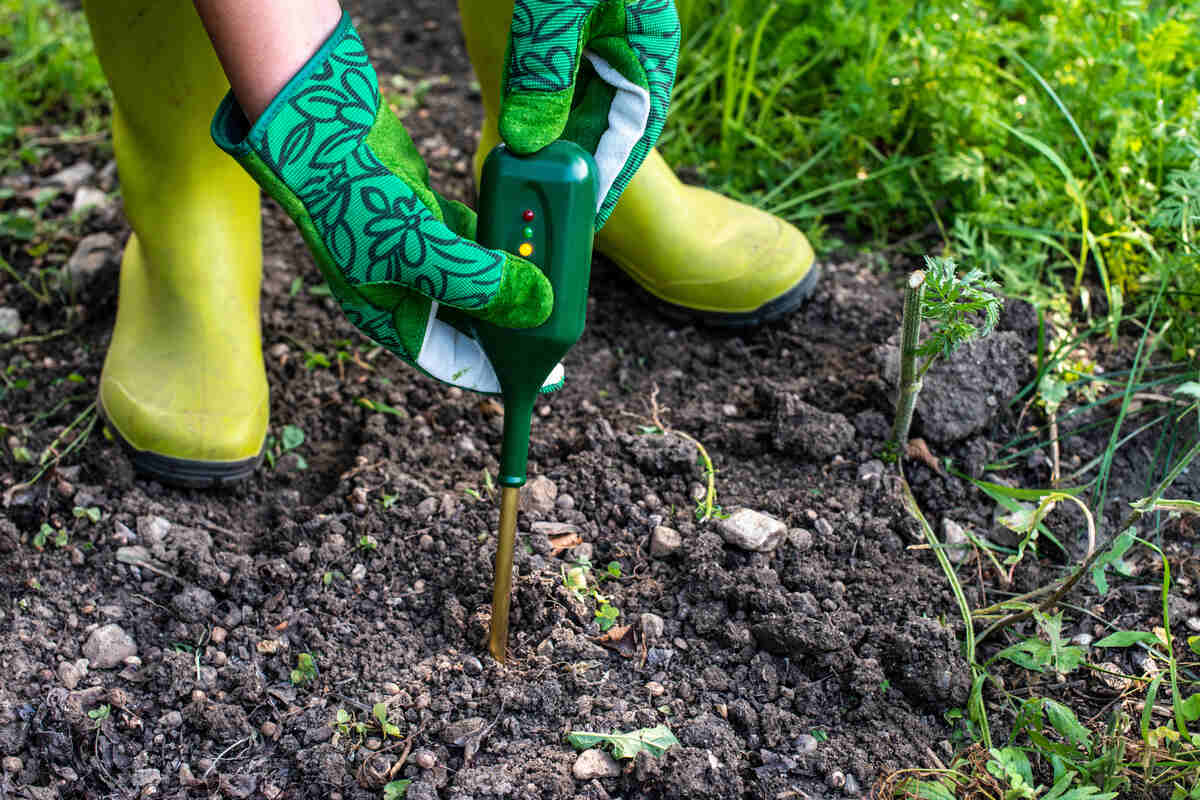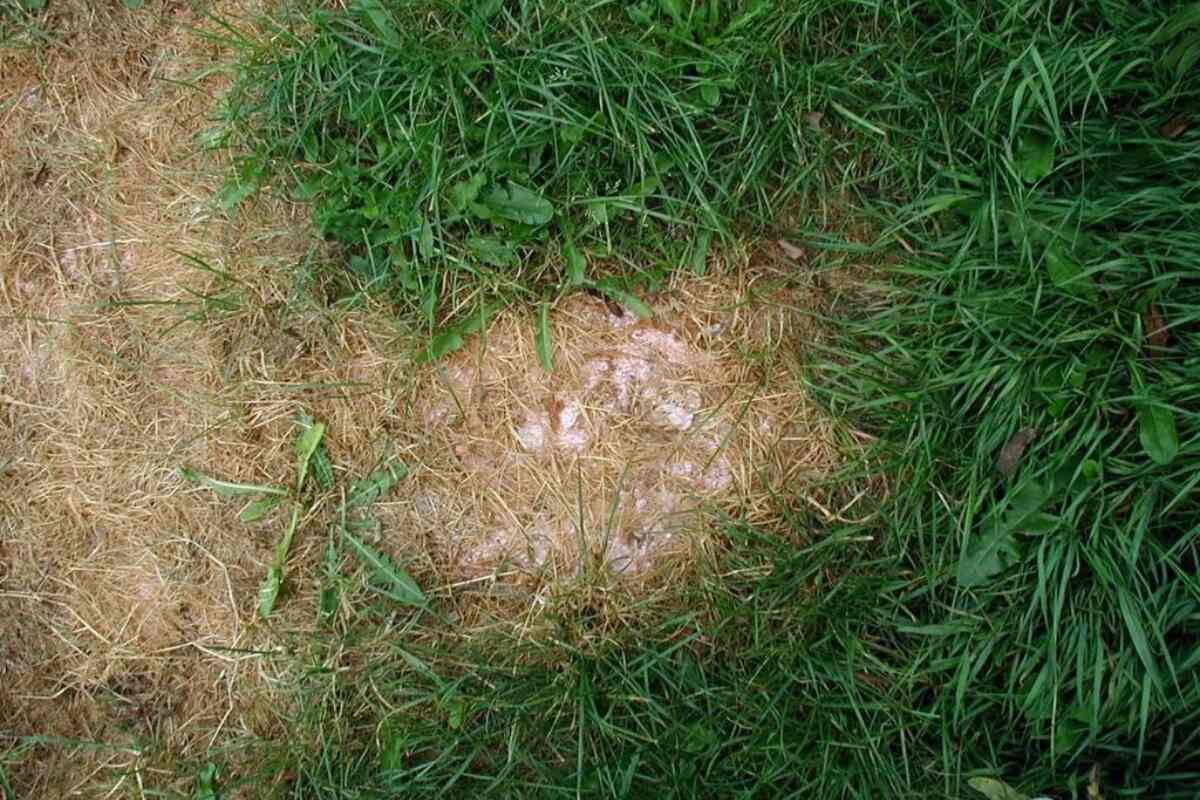
Yes, you can over-fertilize your lawn. If you fertilize too often, skip soil testing, overlook the instructions on fertilizer bags, apply fertilizer unevenly, or choose the wrong fertilizer you could end up doing more harm than good.
Knowing the common causes of over-fertilization will help you not only avoid this common mistake but also it will improve the appearance and health of your lawn. Being mindful of fertilizer usage can save you money and time.
Causes of Lawn Over-Fertilization
Over-fertilizing your lawn can lead to fertilizer burn. Take a look at these practices to spot them and avoid costly damage to your lawn.
1. Fertilizing Too Frequently
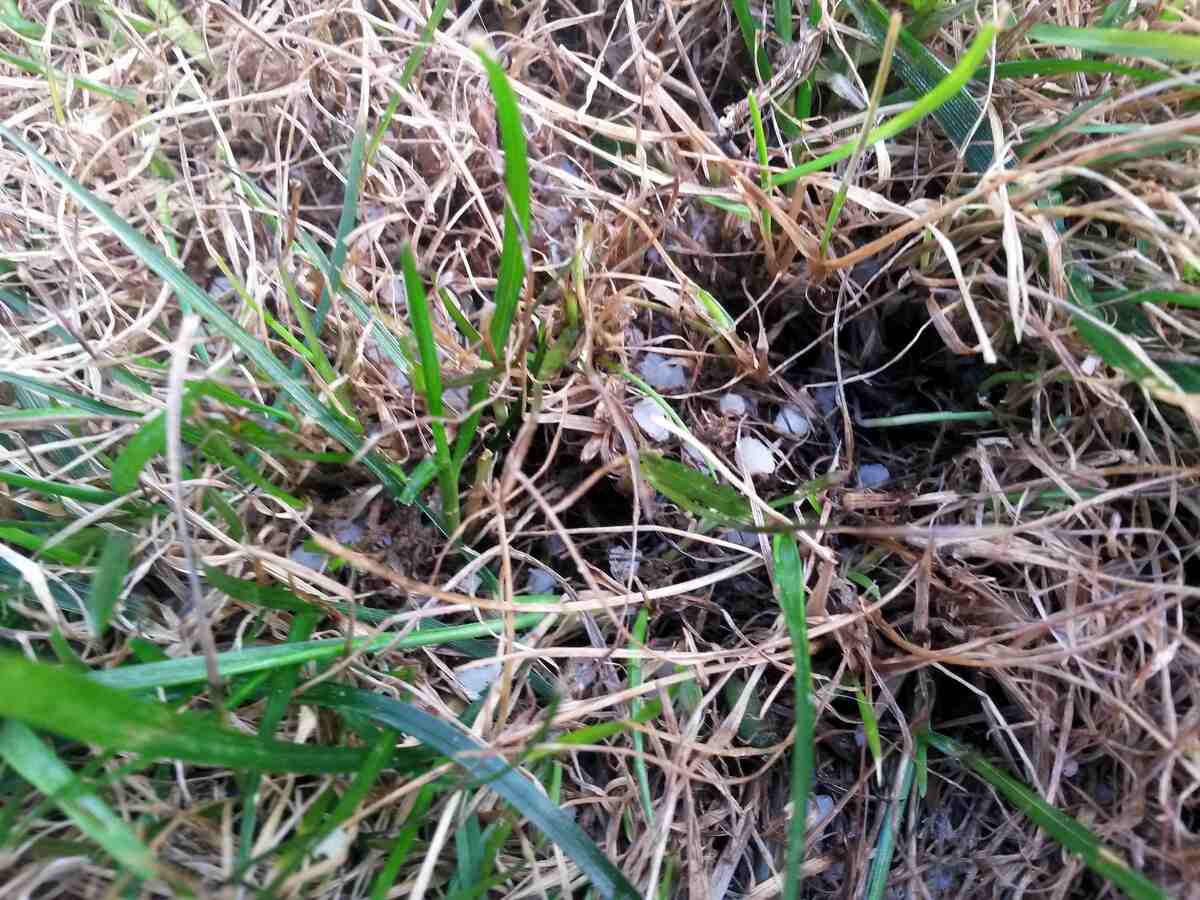
Fertilizing too often might seem like it would boost your lawn’s growth but it can actually do the opposite. When you apply fertilizer too frequently, nutrients start to build up in the soil, which can overwhelm your grass rather than nourish it. This nutrient overload can lead to weak, stressed grass that is more prone to disease, leaving you with a lawn that looks worse, not better.
By sticking to a proper fertilizing schedule according to your type of grass will help it grow strong and healthy:
- “How and When to Fertilize Bermudagrass Lawns”
- “How and When to Fertilize Buffalograss Lawns”
- “How and When to Fertilize Centipedegrass”
- “How and When to Fertilize Fescue”
- “How and When to Fertilize Kentucky Bluegrass”
- “How and When to Fertilize Zoysiagrass”
2. Not Testing Your Soil’s Health
The more important step before fertilizing is sometimes overlooked: conducting a soil test. This provides you with exact details about what your lawn needs. Without it, you are fertilizing blind, and it’s easy to fall into the trap of thinking that “more is better.”
A soil test helps you make sure your lawn is getting the right macronutrients by showing exactly what’s lacking or in excess. Knowing this before buying fertilizer lets you give your lawn what it truly needs to thrive.
3. Overlooking Fertilizer Instructions
Always follow the instructions on your fertilizer bag. Adding extra in hopes of better results can harm your lawn. To get this right, it’s essential to know the exact size of your lawn. Measuring your lawn’s square footage ensures you’re applying the right amount.
Besides, pay attention to the types of fertilizer you are using: Is it slow-release, quick-release, liquid, or granular? Each of them has specific application rates, so it’s important to stick to what’s recommended. Following the guidelines will ensure your grass gets the right nutrients without the risk of over-fertilization.
4. Applying the Fertilizer Unevenly
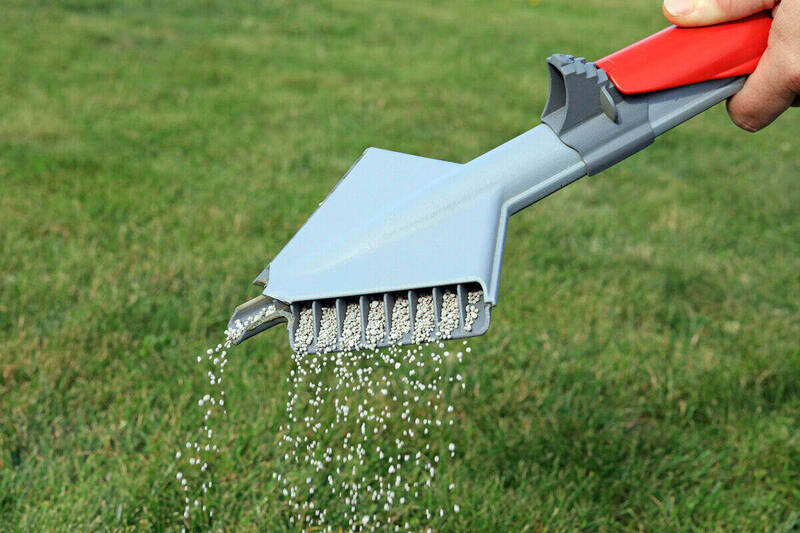
Applying fertilizer unevenly is another common cause of over-fertilization. If some areas get too much and others too little, your lawn won’t grow properly. To prevent this, use the right spreader based on your lawn size.
- Granular fertilizer: For granular fertilizer, a rotary spreader works well for larger areas, while a drop spreader is better for smaller lawns.
- Liquid fertilizer: For liquid fertilizer, a lawn sprayer will help you cover the grass evenly.
If you’re using organic fertilizers like compost, applying it by hand is best, but be careful to spread it consistently. Afterward, water your lawn to help distribute the fertilizer evenly.
5. Choosing the Wrong Fertilizer
Choosing the wrong fertilizer can lead you to over-fertilize your lawn. As mentioned earlier, performing a soil test before applying fertilizer will help you understand what nutrients your soil needs.
Once you have those results, you can look at the NPK ratio on fertilizer bags, which shows the percentage of nitrogen, phosphorus, and potassium. Picking the right fertilizer ensures your lawn gets what it needs to thrive.
FAQ About Over-Fertilizing a Lawn
Can fertilizers harm grass seeds?
Yes, fertilizers can harm grass seeds if not applied correctly. It’s best to use a starter fertilizer specifically designed for new grass seed.
Will my grass grow back after a fertilizer burn?
If your grass still has some healthy roots, it can recover from fertilizer burn. With quick action, regular care, and adjustments based on your grass type, your lawn can bounce back. If you’re unsure about what to do, it’s always a good idea to consult a professional for advice.
What are the signs of an over-fertilized lawn?
Signs of an over-fertilized lawn include discoloration on grass blades and a lack of new growth in different areas of your lawn. You also may notice patches of yellow or brown grass that resemble scorch marks, which feel crispy or crunchy to the touch. Additionally, burned areas may appear in a checkerboard pattern, often caused by overlapping fertilizer applications.
When to Call a Pro
Over-fertilizing a lawn is a common mistake many homeowners make, and it’s easy to understand why. The good news is that you can avoid this pitfall altogether. However, if you need help, contact a lawn care professional. They can help you keep your lawn healthy and growing without the risks of over-fertilization.
Main Photo Credit: scorching by fertilizer, Sten Porse / Wikimedia Commons / CC BY-SA 3.0
